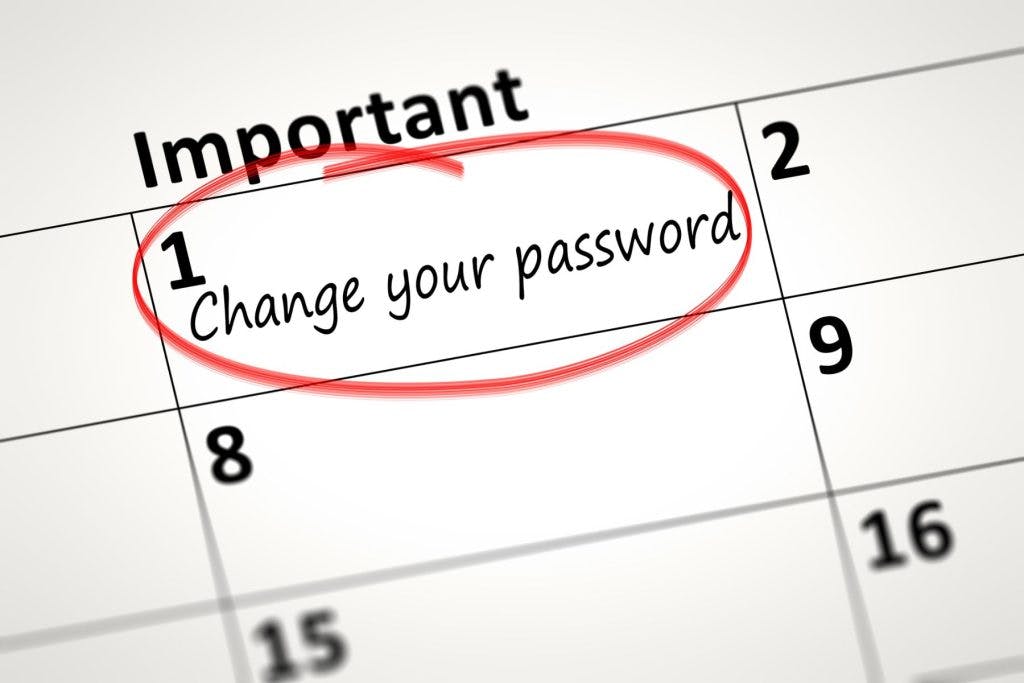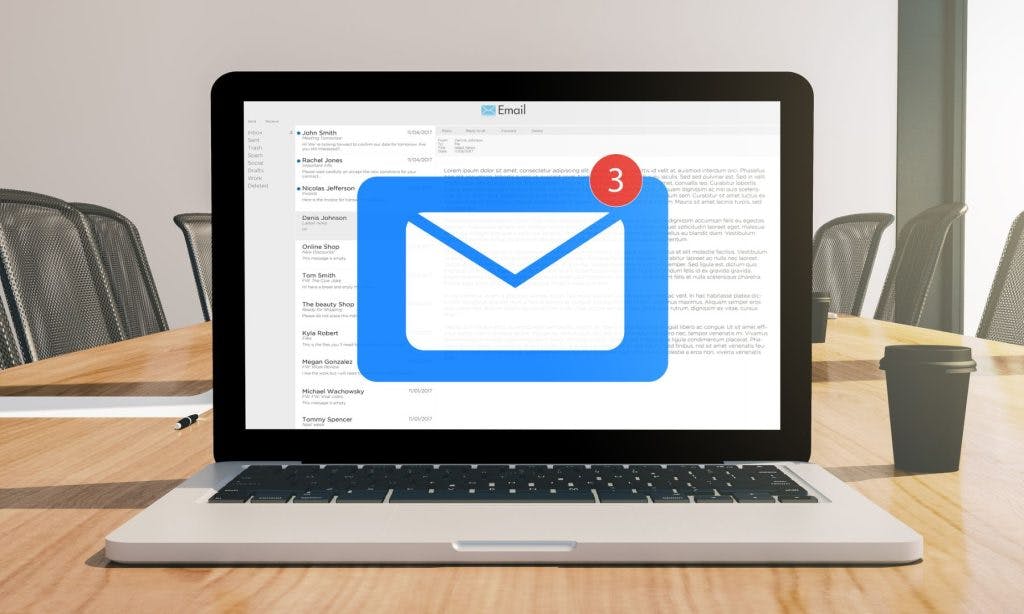If you work in a government organization, you must understand that you are facing threats from all directions at a rapid pace. Just as you have worked hard to keep your information secure, there are undoubtedly large numbers of hackers who are working just as hard to get around your security protocols. That is why you need to think carefully about how you share your files with others.
Even though your files are probably safe on your servers and network, you might not have the same type of security protection when you send your files from place to place. That is why you need to make sure you follow all the best practices necessary when you transmit files. Take a look at a few of the most important points you need to keep in mind below and reach out to a professional with any questions or concerns.
The Biggest Threats Facing Government Files
There are a number of significant threats that government agencies face today. Some of the most critical threats you need to keep in mind include:
- Ransomware: Ransomware is one of the biggest threats in the current environment. If you are hit by a ransomware attack, your files could be locked down, preventing you from accessing them until you pay the ransom. The best way to deal with this type of attack is to prevent it from happening altogether by using the right file transfer mechanism.
- Phishing Attacks: If you want to prevent unauthorized individuals from accessing your files, you need to protect yourself against phishing attacks. In a phishing attack, someone poses as an employee or superior, trying to convince an individual to surrender their login credentials remotely. The best way to prevent this from happening is to educate your employees about them.
- DDoS: DDOS stands for distributed denial-of-service. This is a specific type of attack where someone tries to overwhelm your server, taking it offline. You need to have security measures in place that can recognize when someone is trying to execute this attack and stop it from happening.
- SQL Injection: This is another type of attack where someone seeks to upload a malicious string of code into your files. Then, when the code is read by your program, all of your files are erased.
Ultimately, these are just a few of the many types of threats you need to be aware of. The best way to deal with all of these threats is to prevent them from happening, and there are several tips you need to follow to protect your files from harm.
Tips for Protecting Your Files
As a government organization, you probably have a lot to manage on a daily basis; however, if you do not think about the safety mechanisms for your files, you run the risk of losing them. Some of the most important tips you need to keep in mind include:
1. Educate Your Team of Employees
There is a saying that your security mechanisms are only as strong as your weakest link. Even though you may have a lot of technological experience, not all of your employees do. That is why you need to educate them, helping them stay on the lookout for some of the biggest threats in the current environment.
For example, you need to educate your employees about the dangers of phishing attacks. You need to remind them that you will never ask them for their username and password remotely. That way, if someone asks for their information, they automatically know that they should not surrender it to that individual.
2. Audit Your Data Access Records
How do you know who is accessing your information? How do you know if that person is supposed to have access to your information? You need to make sure that you audit your data access. This means you need to be able to track who accesses what files, when they have accessed them, and what they do with them.
One of the easiest ways to do this is to design your system to give you push notifications when unauthorized access has taken place. That way, you can take action as quickly as possible to figure out how the person got in and what you would like to do to deal with it.
3. Encrypt Your Files with End-to-End Encryption
Furthermore, you need to make sure that all of your files are encrypted. In particular, you must make sure that they are encrypted not only at rest but also while they are in transit. In general, most file storage systems are going to encrypt your files when they are at rest. They will hide your files behind one or more passwords to prevent people from accessing them, and the files will be unreadable without the code.
Where you need to pay attention is when your files are in transit. If you are sending your files from one place to another, someone might try to intercept them and steal them. You need to find a program that can encrypt your files even when they are in transit, and that is one of the many areas where SmartFile sets itself apart.
4. Do Not Neglect Physical Security
There might be people in your department who need access to their information even while they are on the go. They might store local copies of information either on their laptops or on spreadsheets. You need to have a policy in place to protect this sensitive information, and you need to make sure that someone cannot read the information just because someone left their laptop unlocked.
The chances of someone losing a laptop are probably higher than you think, so you need to think about your physical security as well. Make sure you have a policy in place that makes it very difficult for someone to access files if a laptop is left out somewhere.
5. Use Two-Factor Authentication Over Passwords
You should encourage your employees to use two-factor authentication. Just because someone has accessed your username and password combination doesn’t necessarily mean they are going to access the files. For example, if the username and password combo is correct, you may want to follow this up with a text message notification that includes a confirmation code. This is the second factor that someone might need to access the files. This is important because if someone’s username and password combination are stolen, the individual still will not be able to access the files without the s factor.
6. Separate Roles for Your Administrators
There is a good chance that your administrators may have access to all of the files. You may feel like this is necessary for them to do their jobs, but you need to separate the roles when you can. For example, your database administrator and your security administrator should have separate roles. That way, nobody has access to all of the information. This is important from a risk management perspective. If one of them has their login credentials stolen, the individual will not have access to all of the files on the server.
7. Practice Good Password Hygiene
Finally, you need to make sure that everyone who works for you practices good password hygiene. What this means is that you should encourage them to change their passwords from time to time. That way, if one of their passwords is stolen and they do not know it, the individual will not have access to the files forever.
You should also encourage your employees to use a strong password. This means using a password that is relatively long, has a mixture of numbers and symbols, and uses uppercase and lowercase letters.
How SmartFile Protects Government Files and File Transfers
If you are looking for a system that can protect your government files and file transfers, you need to rely on SmartFile. This is a system that follows all the best practices in the field and will help you protect your files with the latest security measures. Some of the top benefits include:
- Secure Files Between Agencies and Internally: All of the files you have will be secured in transit. They will be scanned for viruses before they leave, they will be encrypted when they are at rest, and they will be adequately secured when you send them from place to place.
- Set Up Email Notifications: You can also customize the system to give you notifications via email when something happens. You choose the criteria for when you receive email notifications. That way, you do not receive notifications that you do not want, but you still hear about things that are important to you. You can use these notifications to monitor employee usage.
- Cut Costs: This is a system that can help you reduce your costs because transfer tools will be consolidated. For example, you might have VPN, Cloud, and FTP tools that you used to handle transfers, and all of these tools will be kept in one place. You can also manage your files on your existing storage systems, including the Cloud, NAS, and SAN. With all of your resources in the same place, it will be much easier for you to manage your files.
- GSA-Approved: You know you are receiving a solid system because everything has been GSA-approved. This means that you know that all of the relevant regulatory requirements are being followed in your field, and your files will be kept safe. Furthermore, there are specific discounted offers available for government employees, departments, and agencies.
- Advanced Password Management Tools: Password hygiene is incredibly important, and you receive access to advanced password tools through SmartFile. These tools will help you manage all of your passwords, and they will let you know if you are using a strong password or not. This can go a long way toward helping you protect your files.
Ultimately, these are just a few of the many features that you have available through SmartFile. We understand that every agency has slightly different needs, which is why you can customize the features to meet the needs of your individual employees. You can turn on or off certain features at your leisure, making it easier for you to protect your information while making your daily operations more efficient.
In addition, updates are rolled out for the program regularly. This means that as improvements are made, you can take advantage of the latest advancements. This includes an advanced firewall to help you protect your files, professional password authentication services, and advanced virus scanning features that will help you keep your agency safe from harm. If you are looking for the best way to protect your files from harm, it would be our pleasure to assist you.
Leverage SmartFile To Protect Your Data
It’s time to take advantage of a program that will help you protect all of your confidential information. At SmartFile, we have already partnered with countless government agencies to make sure their files are kept safe. It would be our pleasure to do the same for you.
We have specifically designed our file-sharing solution platform to come with a wide variety of features that you can implement at your convenience while also making it easier for you to train your employees on these features.
The best way to deal with external threats to government agencies is to prevent them from impacting your department at all. If you want to learn more about how SmartFile can help you scale up to meet the needs of your growing company, contact us today to speak to a member of our team!


